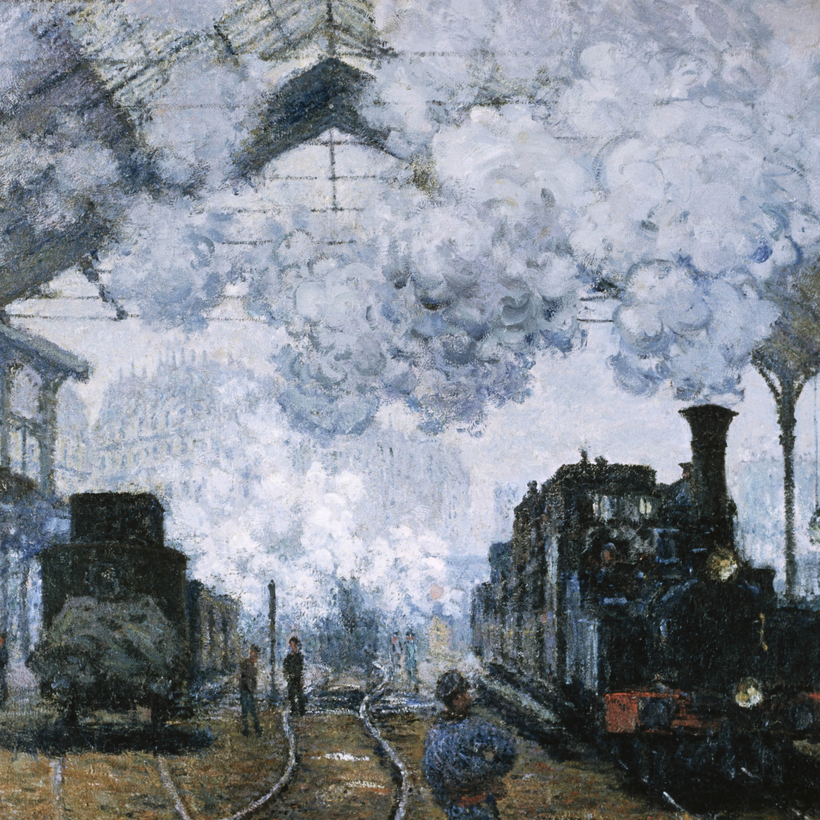Conventional wisdom once held that the refined European should speak German to his philosophy tutor, French to his cook, Italian to his lover, and English to his horse. The polyglot protagonists in Orlando Figes’s wonderful study, The Europeans, would have been capable of that, with Spanish and Russian thrown in.
At the fulcrum of a romantic love triangle central to the story stands Pauline Viardot, the toast of mid-19th-century European opera houses for her soaring mezzo-soprano and amazing vocal versatility. Not a conventional beauty by any means, her long neck and bulging eyes made her what the French call une belle laide (think Rossy de Palma), an unprepossessing woman exuding sex appeal. Captivating Pauline made many conquests, starting with her doting husband, Louis Viardot, 21 years her senior, an arts entrepreneur and scholar devoted to protecting and promoting his beloved young wife, even if she did not return his amorous feelings.

